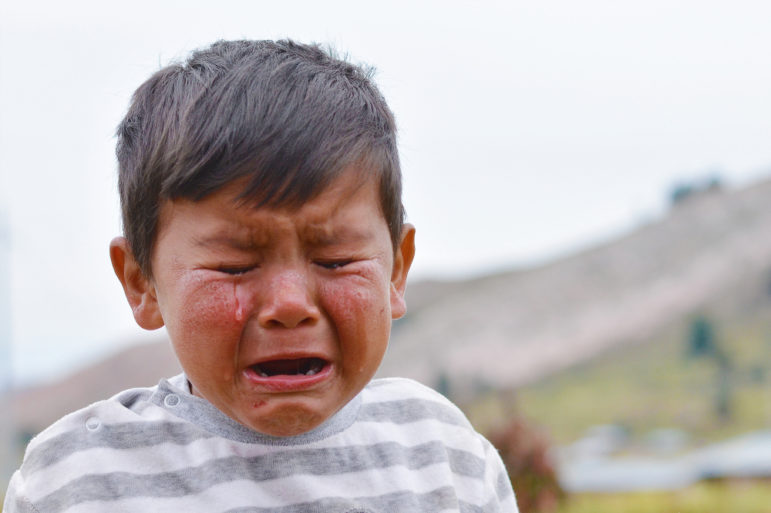
Ruslana Iurchenko
.
For a child, separation from a parent — even one who may have been neglectful or abusive — can be very traumatic. I had the opportunity to witness up close and personal the painful impact of separation on a child when I served as a Court-Appointed Special Advocate (CASA) volunteer. My short time as a CASA volunteer helped convince me that much more work needs to be done “upstream” to help prevent neglect and abuse from happening in the first place.

James Jimenez
CASA volunteers — who are called guardian ad litem (GAL) in some states — are unpaid advocates appointed by judges. Working with legal and child welfare professionals, educators and service providers, they advocate in court for the interests of children whose parents are accused of behavior that compromises their safety or well-being.
To be an effective advocate requires that a CASA volunteer develop a trusting relationship with the child, which can be quite challenging given the circumstances. A child who has been pulled from their home and family to live with strangers has little reason to trust another stranger who is thrust into their lives and claims to be their ally. All the legal proceedings involved in removing a child from their family are complex and confusing in addition to being emotionally draining for virtually everyone involved, most especially the children.
For the most part, I found New Mexico’s social workers to be kind, strong individuals. It also seemed evident that they are being asked to do one of the most difficult jobs in state government. Helping to decide the fate of children is no small matter, and even the best-intentioned decisions can go terribly wrong.
While it would not be fair for me to generalize about the child welfare system based on my limited experience with it, I do have some recommendations to help families and keep children safe based on my work at New Mexico Voices for Children. There are any number of reasons that families find themselves involved with the child welfare system, but there are many things we can do as a state to reduce that likelihood.
Available treatment is key
The majority of child welfare cases are the result of neglect, and the majority of neglect cases involve a parent’s untreated substance abuse or mental illness. As a society, we need to stop treating substance abuse as a crime and see it for what it is — a public health problem.
Arresting people for possessing drugs does nothing to treat the underlying problem, and separation from a parent by incarceration is also traumatic for children. Unfortunately, New Mexico’s mental and behavioral health system was largely dismantled by the former governor. We need to continue to rebuild it to ensure that treatment is available for all who need it. We must also ensure that post-treatment supports are in place to help people rebuild their lives.
Another risk factor for child abuse is when parents lack positive parenting skills and an understanding of child development. One very effective way to support first-time parents is through home visiting services.
These voluntary services consist of a trained professional — often a nurse — visiting with the family. They educate the parent on what to expect as their child goes through various developmental stages, give them tips for dealing with typical parenting frustrations, model positive parenting skills and hook the family up with any support service they may need.
We must ensure that home visiting programs are available statewide. Research shows that families who receive it are healthier and the incidence of abuse and neglect is decreased.
Another risk factor is the lack of child care. High-quality child care can be more expensive than college tuition here in New Mexico and too many families are unable to afford it, which may mean leaving children with people who lack the knowledge or skills to properly care for them. Child care assistance programs in most states — and particularly in New Mexico — don’t receive the amount of funding necessary to make high-quality care available to all families.
There are many other ways we can invest in our families to reduce the likelihood that children are threatened with being removed from the care of their parents. While there is a cost to enacting or expanding preventive programs, it is by far eclipsed by the savings for states that make these investments.
James Jimenez, MPA, is executive director of New Mexico Voices for Children and an adjunct professor at the University of New Mexico’s School of Public Administration. He was chief of staff under Gov. Bill Richardson and Cabinet secretary of the New Mexico Department of Finance and Administration from 2003 to 2006.





























